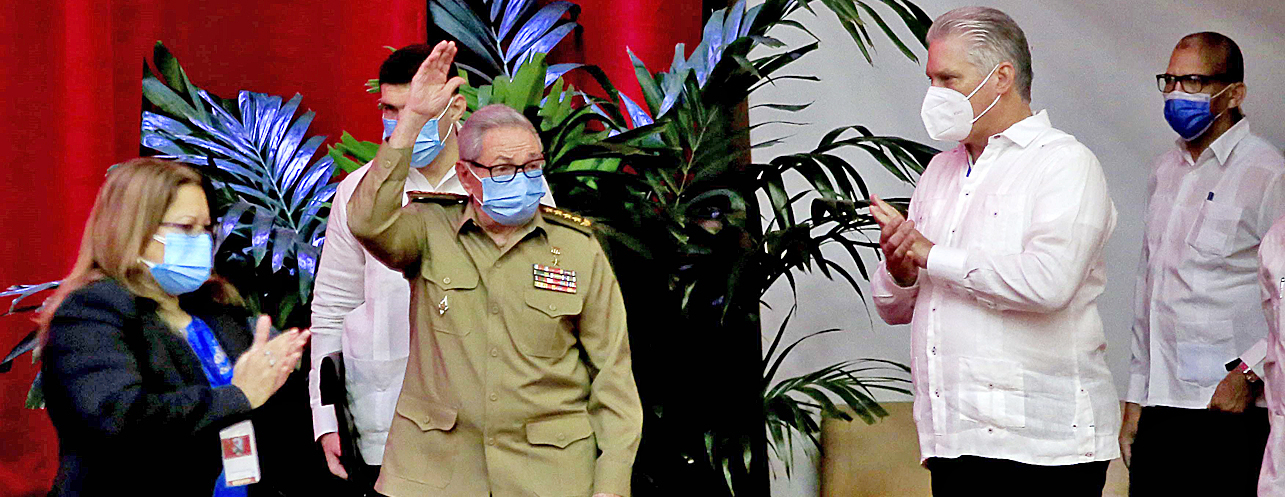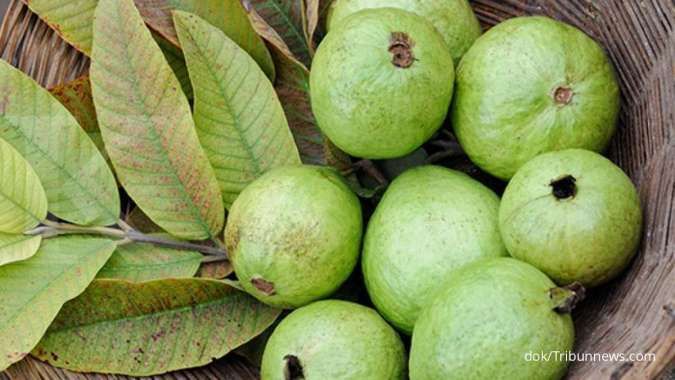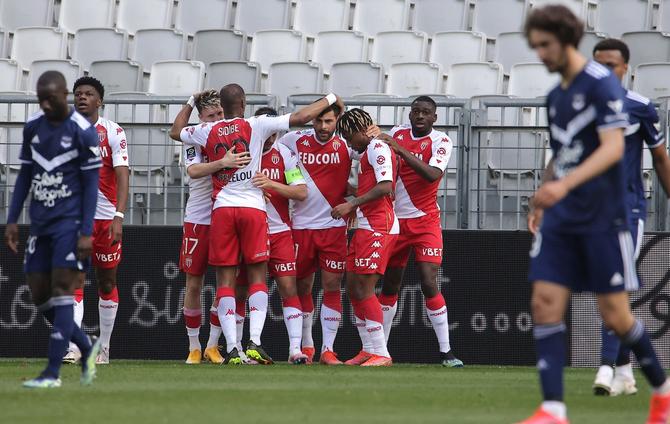For the first time in more than 60 years, the Cuban leader will not be a member of the Castro family. The Congress of the Communist Party will end in Havana today, electing the successor of the 89-year-old Raul Castro, who announced his resignation, as the first secretary of the country’s only party’s central committee. This post, the highest in communist Cuba, is likely to be entrusted to 60-year-old Miguel Dias-Kanel, who has been president since 2018.
The new generation of leaders must take on the role of head of state at a time when Cuba is experiencing the worst economic crisis in 30 years, but the introduction of the mobile internet has intensified free thinking. Gradual and cautious economic liberalization measures are expected to continue in Cuba, but there is no hope, at least for the time being, of political reforms and the move towards democracy.
Hold your hand on the pulse
Castro announced his retirement on the first day of the congress. This was not an unexpected turn for either Cubans or foreign experts. “It’s a process of generational change – those who took part in the 1959 revolution are being replaced by leaders who have not experienced these times,” France 24 explained Stefan Vitkovsky, a specialist at the Latin American Research Institute in Paris.
“I concluded my work as the first secretary with satisfaction for fulfilling my duties and faith in the future of my homeland,” Castro quoted the AP as saying. As usual, the Congress of the Communist Party takes place behind closed doors, but excerpts from individual speeches are shown on state television. The current leader said he fully trusted his peers, but recalled the “conquests of socialism” that should not be passed on, adding that he would always be prepared to make sure that this did not happen. The BBC points out that Castro has made it clear that he will still have a major influence on what is happening in the country. This is nothing new in Cuban politics. Due to his health condition, Fidel Castro, the leader of the 1959 revolution, entrusted his younger brother Raul with leading the Council of State (government) in 2008, and in 2011 also with the party. However, according to scientists, until his death in 2016, Castro monitored the situation in the country and no significant decision was made without his consent.
Priority – economics
The most important challenge for the new Cuban leader will be the economic recovery. In 2020, Cuba’s gross domestic product fell by 11%, the last time it saw a sharp decline 30 years ago, when Cuba, which had been supporting Cuba for years, disbanded. AFP emphasizes that there are several reasons for the economic problems. One of them is the coronavirus pandemic. Its impact is not limited to a reduction in the number of tourists. Some emigrants living outside Cuba’s borders (mainly the United States) are finding it increasingly difficult to balance their budgets, which has led to a reduction in remittances to Cuba. The second reason is the economic sanctions that were renewed by the administration of the former US President Donald Trump after the improvement of relations between the two countries during Barack Obama’s experience. Havana had hoped the situation would change dramatically after Joe Biden (Obama’s vice president) came to power, but White House spokeswoman Jen Psaki said last Friday that “Cuba is not our administration’s foreign policy priority.” Reuters.
The centralized planning system has proved ineffective, with Cuba having to import 80% of its goods from abroad, but the country’s exports are declining. Even Castro has criticized the low productivity of state-owned enterprises, and slowly in some sectors of the economy more freedom is being given to private entrepreneurs. For example, farmers have recently finally been allowed to sell dairy products and beef freely, which until now had a state monopoly.
–


